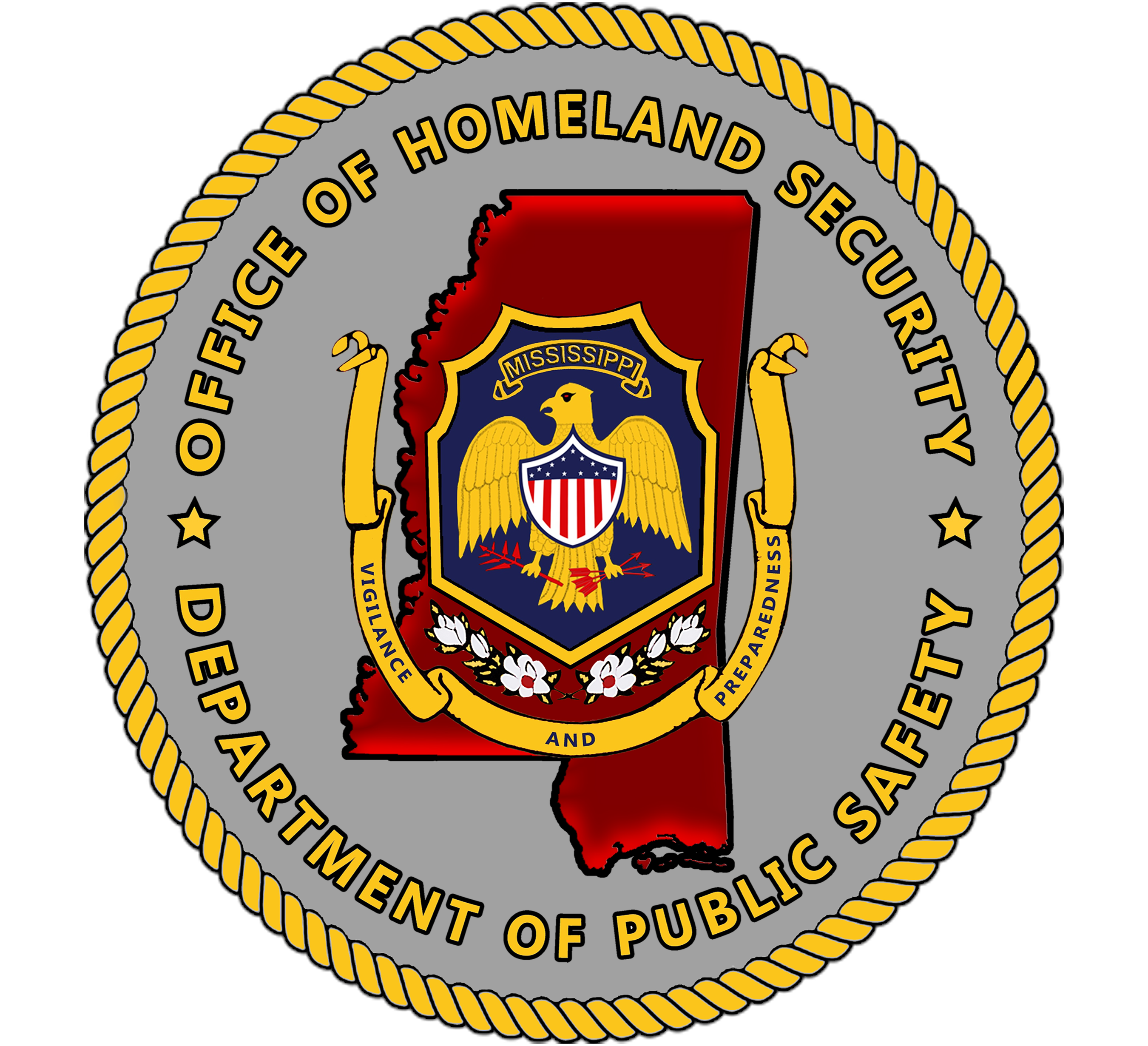Community Preparedness Announcements:
The Mississippi Office of Homeland Security will be revamping the CERT program during 2024. Check back for new training opportunities and ways to get involved in CERT programming.
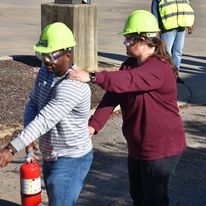
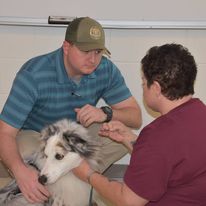
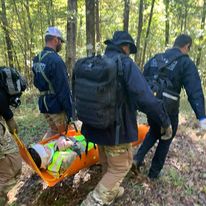
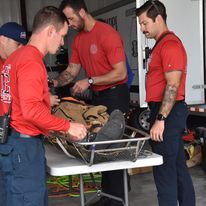
Background and Purpose:
Community Preparedness Programs are a nationwide grass roots movement to actively involve everyone in America in making our communities and our nation safer, stronger, and better prepared for emergencies of all kinds. We all have a role in hometown security and Community Preparedness provides local opportunities for everyone to prepare, train, and volunteer.
Put simply, Community Preparedness is a means through which volunteers can become trained and educated so that they can help their neighbors during times of crisis as well as keep themselves safe. Remember that volunteers will be turned away if they are not trained, as was seen during the Hurricane Katrina response and recovery. Community Preparedness programs were launched in 2002 as part of Pres. Bush's USA Freedom Corps initiative and is coordinated nationally by the Department of Homeland Security.
In 95 percent of all emergencies, the victim or a bystander provides the first, immediate assistance at the scene. We all need to get training in emergency prevention, preparedness, and response and maintain these skills to help others in a critical situation. Community Preparedness training includes: first aid, cardio-pulmonary resuscitation (CPR), how to use an automatic external defibrillator, fire safety, search and rescue procedures, Community Emergency Response Teams (CERT), and crime prevention and terrorism awareness training.
The Citizen Corps Program is comprised of five different but equally important programs:
- Community Emergency Response Teams (CERT)
- Neighborhood Watch
- Volunteers in Police Service
- Fire Corps
- Medical Reserve Corps
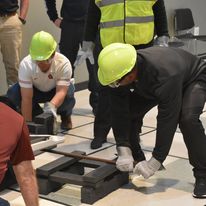
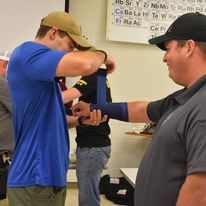
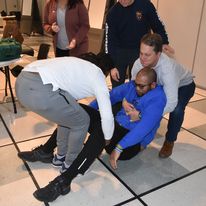
Mission of Community Preparedness:
The mission of Community Preparedness program are to harness the power of every individual through education, training, and volunteer service to make communities safer, stronger, and better prepared to respond to the threats of terrorism, crime, public health issues, and disasters of all kinds.” The mission is accomplished through a national network of state, local, and tribal Community Preparedness Councils. These Councils build on community strengths to implement programs and will carry out a local strategy to have every American participate.
Currently there are:
- 56 State/Territory Community Preparedness Councils
- 1,993 County/Local/Tribal Community Preparedness Councils
- 207,308,414 people are served, which represents 72% of the total US population.
Everyone can do something to help make our families and our communities safer through:
Personal responsibility: Developing a household preparedness plan and disaster supplies kits, observing home health and safety practices, implementing disaster mitigation measures, and participating in crime prevention and reporting.
Volunteer service: Engaging individuals in volunteer activities that support first responders, disaster relief groups, and community safety organizations. Everyone can do something to support local law enforcement, fire, emergency medical services, community public health efforts, and the four stages of emergency management: prevention, mitigation, response and recovery efforts.
Local Community Preparedness Programs will:
- Promote and strengthen the Community Preparedness programs at the community level, such as Volunteers in Police Service programs, CERT teams, Medical Reserve Corps units, and Neighborhood Watch groups;
- Provide opportunities for special skills and interests;
- Develop targeted outreach for the community, including special needs groups;
- Provide opportunities of training in first aid and emergency preparedness;
- Organize special projects and community events;
- Encourage cooperation and collaboration among community leaders; and
- Capture smart practices and report accomplishments; and
- Create opportunities for all residents to participate.
Starting a Community Preparedness program in your area will help create the groundwork for the long-term security of our neighborhoods, our communities, and our nation.
